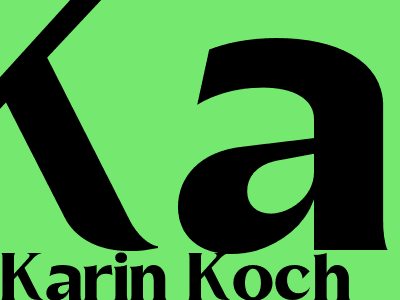The Ultimate Guide to Karin Koch: From Early Life to Controversial Reign
Early Life and Education
Karin Koch, born on January 2, 1949, in Berlin, Germany, embarked on a remarkable journey that would shape her destiny. Her formative years were marked by a keen intellect and a passion for knowledge.
Koch pursued higher education at the prestigious FU Berlin, where she delved into the intricacies of political science and sociology. Her academic pursuits laid the foundation for her future career in politics and public service.
Political Career and Rise to Prominence
Koch's entry into politics began in the 1980s when she joined the Social Democratic Party (SPD). Her charisma and sharp political acumen quickly caught the attention of party leaders.
She ascended through the ranks of the SPD, holding significant positions such as the Chairwoman of the Berlin SPD and a member of the German Bundestag. Koch's influence within the party grew, and she became a prominent figure in German politics.
Appointment as President of the Senate and Controversial Tenure
Appointment and Initial Successes
In 2001, Karin Koch reached the pinnacle of her political career when she was elected President of the Berlin Senate, becoming the first woman to hold the position.
Her tenure began with a flurry of initiatives, including ambitious urban development projects and social reforms. Koch's leadership initially garnered praise and optimism among Berlin residents.
Growing Criticism and Controversies
However, Koch's presidency was not without its challenges. Her decision to close Tegel Airport, a major transportation hub, met with strong resistance from the public.
Koch also faced accusations of corruption and nepotism, which eroded her popularity. The Berlin Senate was investigated for financial irregularities, casting a shadow over her leadership.
Resignation and Legacy
The mounting controversies and public pressure eventually took their toll. In 2014, Koch resigned from her position as President of the Berlin Senate.
Her legacy is complex and multifaceted. Koch's supporters credit her with modernizing Berlin and initiating significant reforms. However, her critics argue that her tenure was marred by scandal and mismanagement.
Conclusion
Karin Koch's political journey is a testament to both the potential and the pitfalls that come with holding high office. Her rise to prominence and subsequent fall from grace serve as a reminder of the challenges and complexities that define political leadership.

Komentar